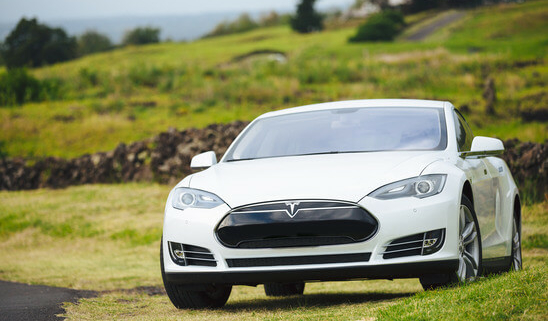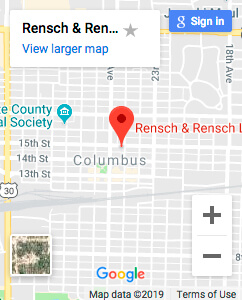Should Tech Companies Design Less Addictive Phones to Prevent Car Accidents?
OMAHA, Nebraska. It is well-known that distracted driving is on the rise. According to the National Highway Traffic Safety Administration, distracted driving took 3,477 lives and left another 391,000 people injured. Some researchers claim that phones are designed to be addictive. When we receive a text message, our brain’s reward centers are triggered. Because sometimes the text might be spam and sometimes it might be a text from a friend, our phones act like a kind of virtual gambling machine.
Yet, could better design lead to less addictive phones and possibly fewer car accidents? According to Tristan Harris, Google’s former ethicist, tech companies need to design phones with society and people in mind. QZ reports that Harris envisions a world in which certain spaces and demographics are regulated. For example, according to Harris, the kinds of technology children are exposed to should be regulated.
Another change that Harris proposed relates to controlling how we receive notifications on our phone. Part of what drives compulsive phone checking is not knowing whether the email we just received is from our boss, our mom, our boyfriend, or from a company trying to sell us the latest coffee maker. Harris proposes that people have easier ways to set notifications on their phone, so that they are alerted only when the most important messages come in.
Others debate whether technology addiction is a real thing at all. The New York Times notes that research into technological addiction is just in its infancy. However, technology has been found to have negative effects on the ways we think, the ways we feel, and how we live our lives. Our phones distract us, reduce our productivity, and social media has altered the way we interact with one another.
Yet, some claim that social media companies now use supercomputers to monitor user behavior and design their programs to make them more addictive than ever. Facebook makes money off its ads. It profits from your attention. However, some are calling on Apple to take the first steps in fighting tech addiction. The New York Times notes that Apple would be an excellent choice to lead the change. Apple, unlike social media companies, doesn’t make money when individuals overuse its products. Rather, it makes money at the point of sale. Responsible use of its products could benefit the company. Some argue that Apple can become the arbiter of how tech companies design their products, by, say, refusing to let certain products be marketed to children on its app store.
Until companies or the government take action in regulating technology, users will have to regulate their use themselves. What can you do to prevent distraction while behind the wheel? Turn off your phone or sound and vibration notifications before you drive. If this doesn’t work, consider buying an app or program that shuts your phone off automatically when you are on the road. Rensch & Rensch Law are personal injury lawyers in Omaha, Nebraska who see firsthand the deleterious effects of distracted driving. If you’ve been injured due to the actions of a distracted driver, visit us at https://www.renschandrensch.com/ to learn more about your rights and options.






